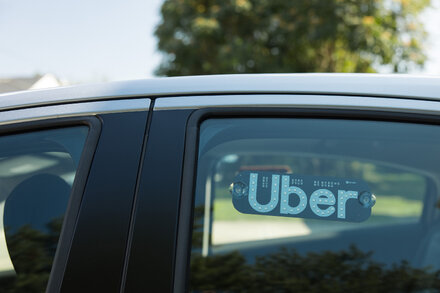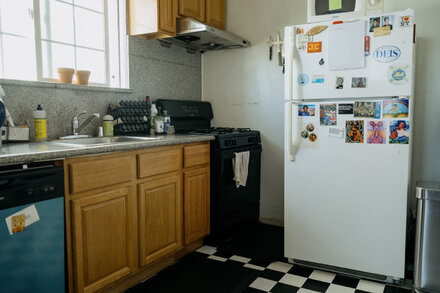In a region long characterized by intricate geopolitical challenges and persistent diplomatic deadlocks, the prospect of a new French initiative aimed at resolving the Israeli-Palestinian conflict has emerged, prompting discussions about its potential to break through decades of entrenched positions. The question, however, remains whether any such proposal can fundamentally alter a diplomatic landscape that has largely resisted resolution for the past 75 years.
France has historically positioned itself as a key European voice on the Israeli-Palestinian issue, often advocating for a two-state solution based on international law and UN resolutions. This stance frequently includes calls for the recognition of a Palestinian state alongside a secure Israel. However, the exact contours of any forthcoming French proposal are yet to be formally unveiled, leaving observers to consider what new elements or diplomatic strategies might be employed.
Decades of Unfulfilled Peace Efforts
The history of Israeli-Palestinian peacemaking is replete with numerous attempts that, despite periods of optimism, ultimately failed to yield a lasting agreement. From the Oslo Accords of the 1990s to the various U.S.-led efforts and multilateral conferences, a comprehensive and mutually acceptable resolution has remained elusive. Key obstacles have included core issues such as borders, the status of Jerusalem, the right of return for Palestinian refugees, and security arrangements for both sides. The persistent expansion of Israeli settlements in the West Bank and ongoing internal Palestinian divisions have further complicated diplomatic pathways.
For 75 years, since the establishment of Israel and the subsequent displacement of Palestinians, international diplomacy has struggled to overcome deep-seated distrust and conflicting narratives. While many international actors, including France, have consistently supported the two-state solution, implementation has been stalled by a lack of political will, a shifting geopolitical environment, and significant disagreements between the parties on the specifics of any peace deal.
Potential Avenues for a French Initiative
Should France indeed launch a significant diplomatic drive, it could explore several avenues. These might include pushing for renewed multilateral negotiations, advocating for a specific timeline for Palestinian statehood recognition, or proposing new security frameworks guaranteed by international bodies. Leveraging its permanent seat on the UN Security Council and its influence within the European Union, France could seek to build a broader international consensus around a detailed roadmap for peace.
Past French efforts, such as the 2016 Paris Peace Conference, aimed to bring international stakeholders together to reaffirm the two-state solution and set parameters for future negotiations. While that conference did not lead to direct negotiations between Israelis and Palestinians, it underscored France’s commitment to maintaining international focus on the conflict.
Challenges to Overcome
Any new proposal, regardless of its origin, will confront significant hurdles. Both Israeli and Palestinian leaderships have expressed skepticism about external diplomatic interventions that do not align with their core interests. Israel has often preferred direct bilateral negotiations without preconditions, viewing international pressure as unhelpful. Palestinian leaders, while generally welcoming international support for statehood, have insisted on an end to occupation and the establishment of a state with East Jerusalem as its capital.
The broader regional context also plays a crucial role. Shifting alliances, the Abraham Accords, and ongoing conflicts elsewhere in the Middle East introduce new variables that could either facilitate or hinder peace efforts. The enduring question will be whether a French initiative can introduce sufficient novelty, leverage, or international unity to overcome the historical inertia and fundamental disagreements that have characterized peace attempts for generations.
Source: Read the original article here.





